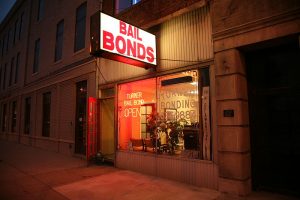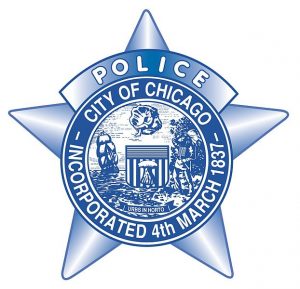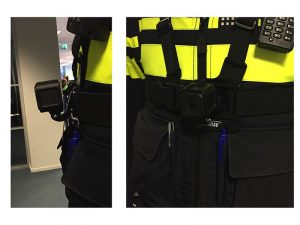The 5th Amendment right against self-incrimination is one of the most well-known rights in criminal defense, right up there with the right against unlawful search and seizure and the requirement that police read suspects the Miranda warnings. Yet a criminal suspect doesn’t always have “the right to remain silent”, and not have that silence used against him in court.

Salinas v. Texas Requires Affirmative Claim of Right to Remain Silent
In Salinas v. Texas, the defendant was questioned in regard to a murder investigation. The defendant was not under police custody, thus he had not yet been read his Miranda warnings, which inform criminal suspects that they have the right to remain silent, and that any statements given can and will be used against them in court. The defendant voluntarily answered the officer’s questions in regard to the murder, until the officer asked whether a ballistics test would confirm that shells found at the crime scene matched the defendant’s shotgun. At this line of questioning the defendant simply stopped talking.
At trial the prosecution introduced the defendant’s silence as proof of guilt. Because the defendant had willingly spoken with police, the prosecution argued that the defendant’s refusal to answer that specific question was indicative of guilt. The defendant argued that using his silence as evidence of guilt violated his 5th Amendment right against self-incrimination. The trial court disagreed, and defendant was convicted. His appeals took the case to the United States Supreme Court.
The court affirmed the defendant’s conviction, ruling that the right to remain silent is an affirmative right. This means that in order for the right to apply – and for evidence of silence to not be used against the suspect in court – the defendant must say, “I am invoking my right to remain silent”, or similar words to that effect. Refusing to answer police questions is insufficient to invoke the right.
There are only two instances where the defendant’s failure to speak cannot be used against him. The first is where he is in police custody and has not been read his Miranda rights. The court said that such a circumstance is so coercive that the defendant need not affirmatively invoke the privilege because his statements cannot be considered voluntary.
The second is during trial, where the defendant has an “absolute right” not to take the stand, for whatever reason. The jury is not permitted to take the defendant’s failure to testify on his own behalf as evidence of guilt, nor can the prosecution suggest that the defendant’s failure to take the stand is proof of guilt.
The Supreme Court refused to accept the defendant’s argument that invocation of the 5th amendment right to remain silent should be assumed when a suspect refuses to answer police questions that would imply guilt. The court stated that while this may be the most probable reason for the person’s silence, it is not necessarily the only reason – his reason for not answering could be to protect somebody, to come up with a lie, or any other number of reasons. The purpose of the right to remain silent, the court stated, is not to protect all of the defendant’s statements, but only those that would tend to incriminate himself. Is it the defendant’s burden, the court stated, to invoke the privilege, and not for the prosecution to figure out the reason for the silence.
Continue reading

 Chicago Criminal Lawyer Blog
Chicago Criminal Lawyer Blog











